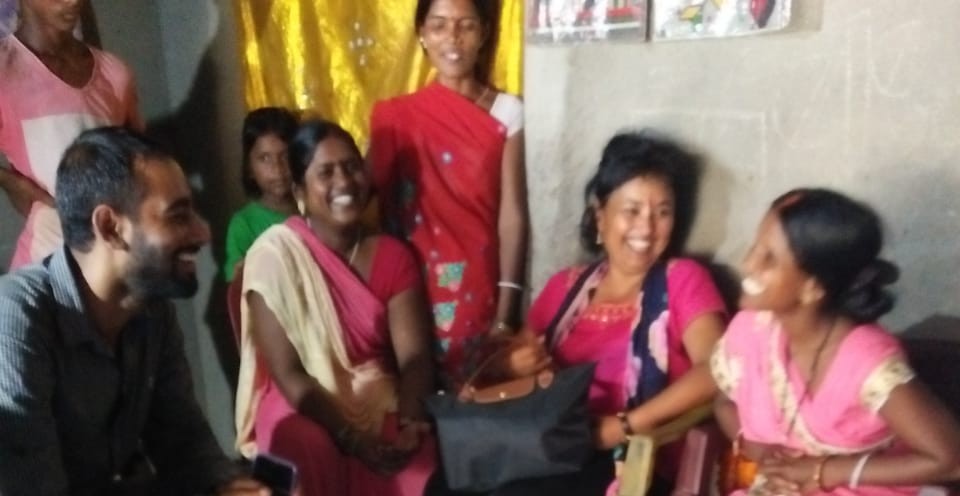Bihar and SDG#5 – Gender Equality: intrinsic linkages to quality in education and state support10/12/2023 Significance of gender equity and equality:
Gender equality is intrinsically linked to sustainable development and is vital to the realization of human rights for all. Gender equality is the creation of a society in which women and men have same opportunities and rights in all spheres of life. The country is striving towards equality in distribution of power and influence; equal opportunities for education and financial independence; opportunity to develop personal ambitions, tackle gender-based violence at home or at work. Investing in education (SDG Goals#5): The Niti Ayog has prepared a 100-point score dashboard for all States and Union Territories to reflect the state performance as ‘aspirational – 0-49 score achieved’, ‘performer - 50-64’, ‘front runner - 65-99’, ‘Achiever – 100’. Bihar has an SDG index score of 40 and is an ‘aspirational’ state in line with the country’s SDG progress track. It is also noticeable that the SDG#5 – Gender Equality indicators focus exclusively on women economic empowerment [equality in terms of wage earnings and land holdings], human rights and entitlements [right of girl child against sexual violence, right of girl child survival/sex-ratio at birth, freedom for married and unmarried women from spousal violence, crimes against women, political representations and women in leadership]. These are very tough indicators to track. However, it is possible to do so with investment in education. Education not only boosts women’s self-confidence but also helps in delaying their marriage, allowing them to enjoy better health, participate in family decisions, enhance their position in family and society, and accelerate economic opportunities and political participation (Grown et. al., 2005). A state is known by its policies. Policies are great image-builders. For this reason, policies decided by a State should be sound and logical in every respect. It is only then that the policy makers can rely on them and confidently tackle a variety of problems. Though the National Policy on Education is not very descriptive on this aspect, the State of Bihar must adapt innovative ways for improving quality in education and through all possible partnerships with NGO’s and private organizations. Turn the Bus is one such organization. How Turn the Bus mobile app for rural Bihar is moving from rote learning towards gender equality: The Turn the Bus mobile application for students in X and XII is investing in learning outcomes of students and not just course completion. As majority of students in rural Bihar avail public education, such innovative investments into quality learning from the lens of better economic prospects is a winning advantage. We also know that values, beliefs, ambitions and foresight of the policy makers and top management in the system do influence the programme direction. Through regular interface with the leadership in education department in the State, the mobile application has begun generating a lot of curiosity in the state. In the end, decision-making continues to be a prerequisite of the government and they are free to exercise as much initiative as they choose and make an impact in the lives of the young.
1 Comment
Breaking Barriers: Unleashing the Power of Equal Opportunities in the Workplace! Are you ready to embark on a journey that will transform the way you see your career and your company? In this captivating blog post, we uncover the game-changing impact of embracing diversity and inclusion. Discover why equal opportunities aren't just a necessity for fairness—they're the secret to unlocking innovation, creativity, and unparalleled success. Get ready to revolutionize your perspective and join the movement towards a brighter, more inclusive future!
Reply
Leave a Reply. |
Archives
March 2024
Categories |
21213 SE 42nd Pl.
Issaquah WA 98029
Issaquah WA 98029
Turn the Bus is a registered 501 (c) (3) US nonprofit organization.
© Turn the Bus. All rights reserved.
© Turn the Bus. All rights reserved.


 RSS Feed
RSS Feed
